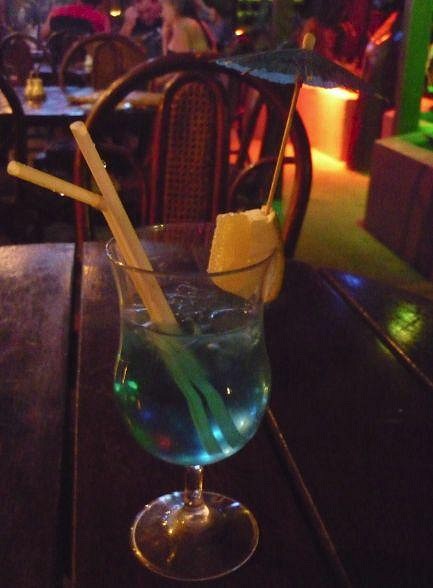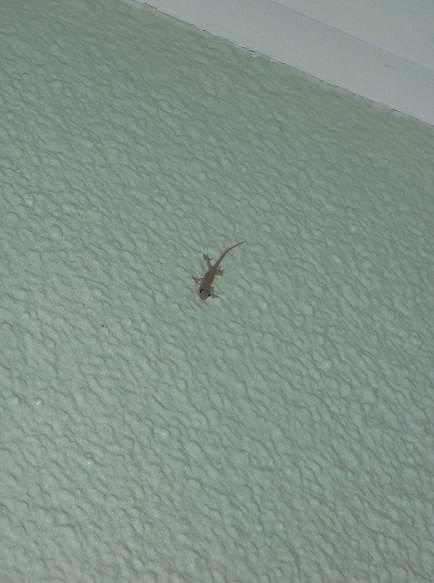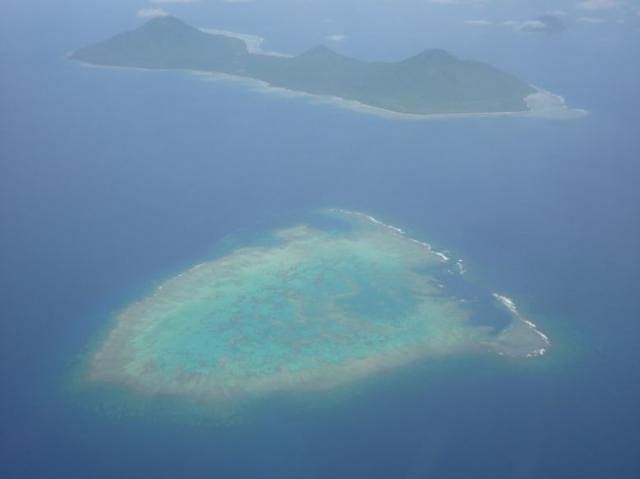Tiki Central / Tiki Travel / Club Nouméa's Tiki Tour of Vanuatu
Post #593287 by Club Nouméa on Sun, Jun 12, 2011 2:17 AM
|
CN
Club Nouméa
Posted
posted
on
Sun, Jun 12, 2011 2:17 AM
Part 2: Practicalities
Even if you are staying largely in an urban setting whilst in Vanuatu, you do need to take along a few special items, apart from the obvious things like a sun hat, sunscreen and sunglasses. When in the South Pacific islands, I find it handy to take along 2 or 3 plastic kitchen containers with a hermetic seal. Whether you are going for a picnic, or just want to keep snack food in your hotel room, ants and cockroaches are a constant problem, so an airtight barrier between them and your cookies, potato chips, or whatever is the only solution. Likewise, when disposing of food waste in your hotel room, a supply of plastic bags is essential: put your apple core or whatever in the bag, tie a knot in the top, and then chuck it in the bin. The last thing you want is food waste lying around your room: next thing you know there will be a horde of ants or roaches all over everything. Even if you are only wandering around Port Vila or Luganville, a plastic drink bottle is essential. Keep sipping it whether or not you think you are thirsty, as you tend to sweat a lot due to the local humidity, and dehydration can really wipe you out in Vanuatu's climate. Water is fine, but I like to take along a supply of powdered fruit drink sachets (orange, mango, lemonade etc.) and mix them up in a dilute solution in water. (Some people also like to add a little salt.) Drinking full strength soda, soft drinks or fruit juice in that climate doesn't really quench your thirst; you just end up wanting more sugar. And take it easy when you are walking around - you can't rush about like you would when out walking in a temperate climate. There's a reason why the locals walk slow... You might also want to adopt the local practice of getting up at the crack of dawn, getting most of your stuff done by 11am, and then taking it easy in a bar or cafe for 3 or 4 hours until the worst of the day's heat is over. Or even for the rest of the day...
The characteristic odour of Vanuatu is rotting humus mixed with sweat. Everyone sweats profusely. Extra strength deodorant is recommended, or failing that, make sure you use a really fragrant shower gel. The humidity in Port Vila while I was there in April was 80% to 100% every day. It wasn't that hot - mid to high 20's (degrees Centigrade), but the sticky, clammy air was exhausting. After just 15 to 20 minutes' walking, you will begin feeling the sweat accumulating on your clothes. Bring lots of spare underwear - you will need it. Speaking of clothes - I took along the usual tee-shirts to wear, but by far the most comfortable item is the venerable Hawaiian shirt (the thinner the better), or indeed any other type of shirt. Tee-shirts just tend to stick to you in that humidity, and leave you feeling sweaty and clammy. When booking your hotel or other accommodation, ask if the room has mosquito screens on the windows, and whether it is air conditioned, or at least has a ceiling fan. If you can't handle heat, then by all means go for aircon and stay somewhere else. If there are no screens, take along a mosquito net, and a hook to fasten it from, and learn how to rig it up before you go. In Port Vila, malaria is not really a problem these days, but out in the islands, it is still a risk. And don't forget to take a roll of toilet paper with you if you are staying out in the bush - the locals just use leaves, but you won't necessarily know which ones to use.
Vanuatu is pretty safe when it comes to wildlife. As my guide John said to me: "Vanuatu - friendly spiders, friendly snakes, friendly crocodiles and friendly people!" There are no land creatures you need to worry about - the snakes and spiders are non-poisonous (no matter how big and ugly they are) and even the crocodiles (only found on some outer islands) tend not to eat people because of the abundant marine life that enables them to stay fat and contented. In the sea however, it is a different story - ask locals before swimming at secluded empty beaches (shark risk), and watch what you're stepping on underwater. Now, having completed the public service announcement, in the next instalment, we have the travel photos....
CN |




